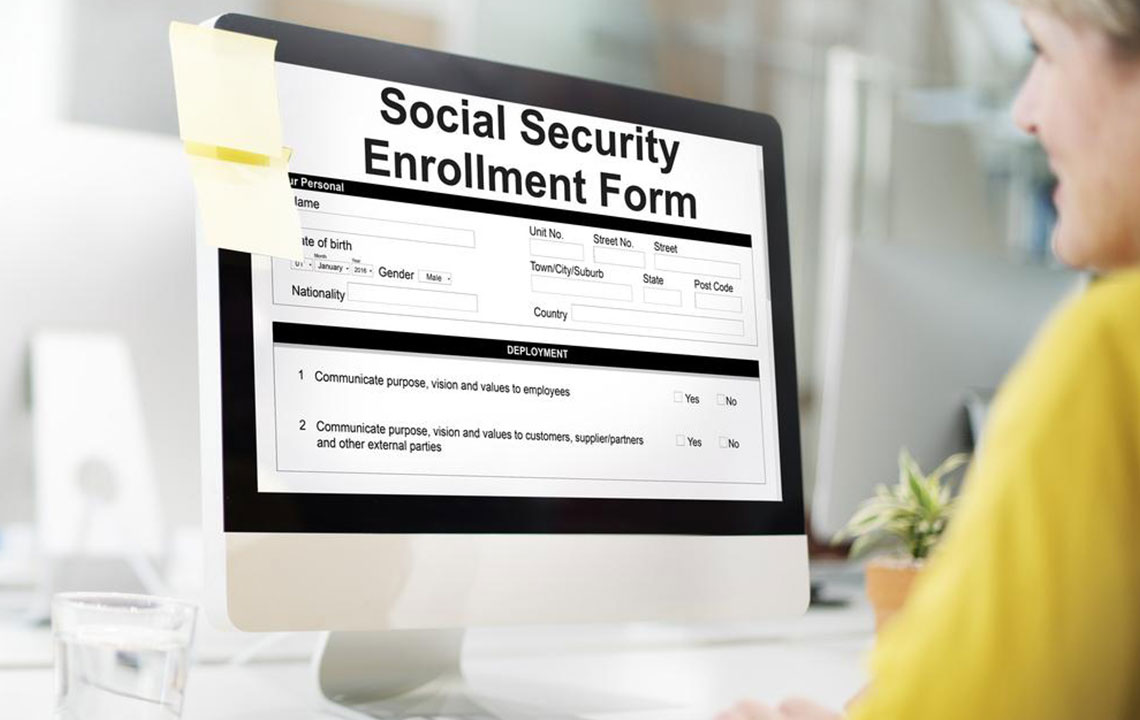Understanding Federal Tax Identification Numbers and Their Significance
Learn about Federal Tax IDs, their importance, how to find yours, and when businesses and individuals need one. This guide covers applications, types of IDs, and usage tips for effective tax management.

The Internal Revenue Service (IRS) issues tax identifiers known as Employer Identification Numbers (EINs), also called Federal Tax IDs or Taxpayer Identification Numbers (TINs). These unique numbers help the government track and manage business entities for tax purposes. Businesses can apply for an EIN online, free of charge, through the IRS website. These IDs are assigned to both individuals and organizations and can take various forms, including Social Security Numbers (SSNs), ITINs, or EINs, issued by the SSA or IRS.
Federal Tax IDs are essential for completing tax documents, filing returns, and processing tax statements. To locate your own Federal Tax ID, check your W-2 form, where the number appears as your SSN in the top left box. If unavailable, you can request a new SSN by providing your ID and birth certificate at a Social Security office. Employer EINs can also be found on your W-2 or by contacting your employer's payroll department.
While corporations and partnerships must have an EIN, sole proprietors can use their SSN as their Tax ID. This flexibility simplifies tax processes for individual business owners.
Note: The information provided is based on research and current data, but it may change over time. Always consult a financial professional for personalized advice before making decisions.










